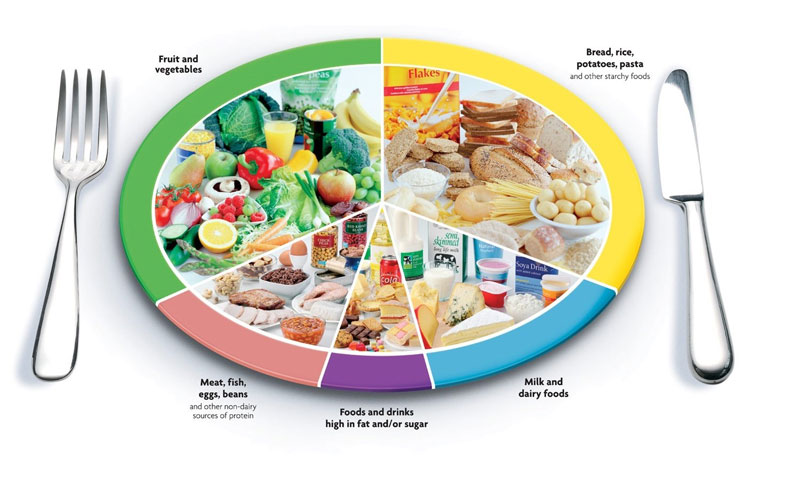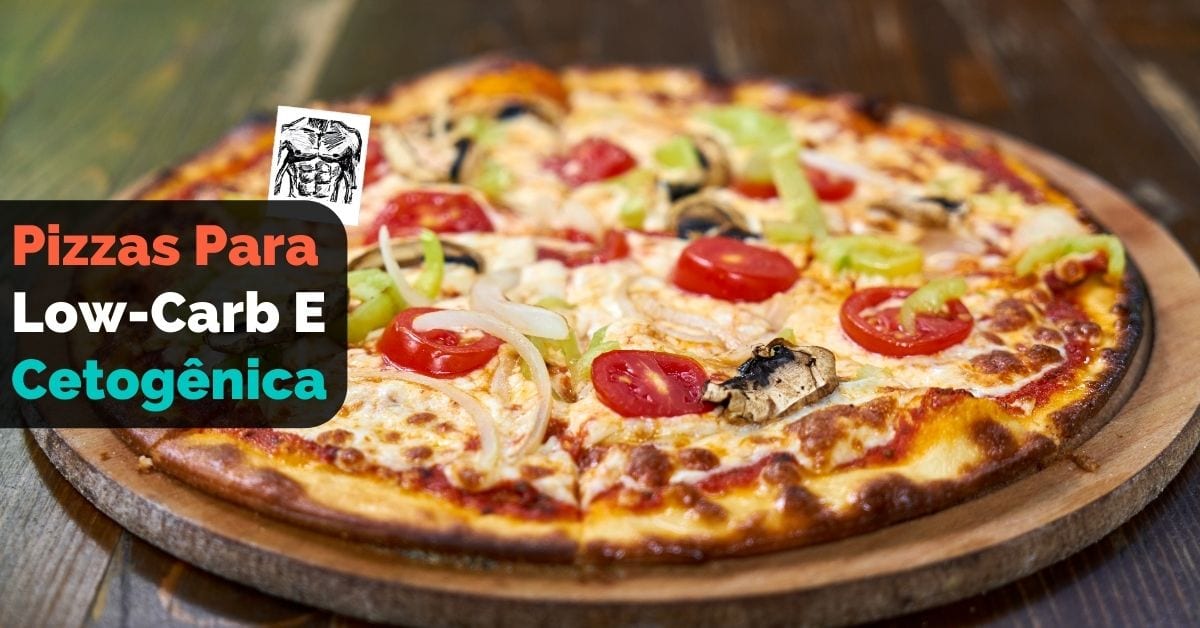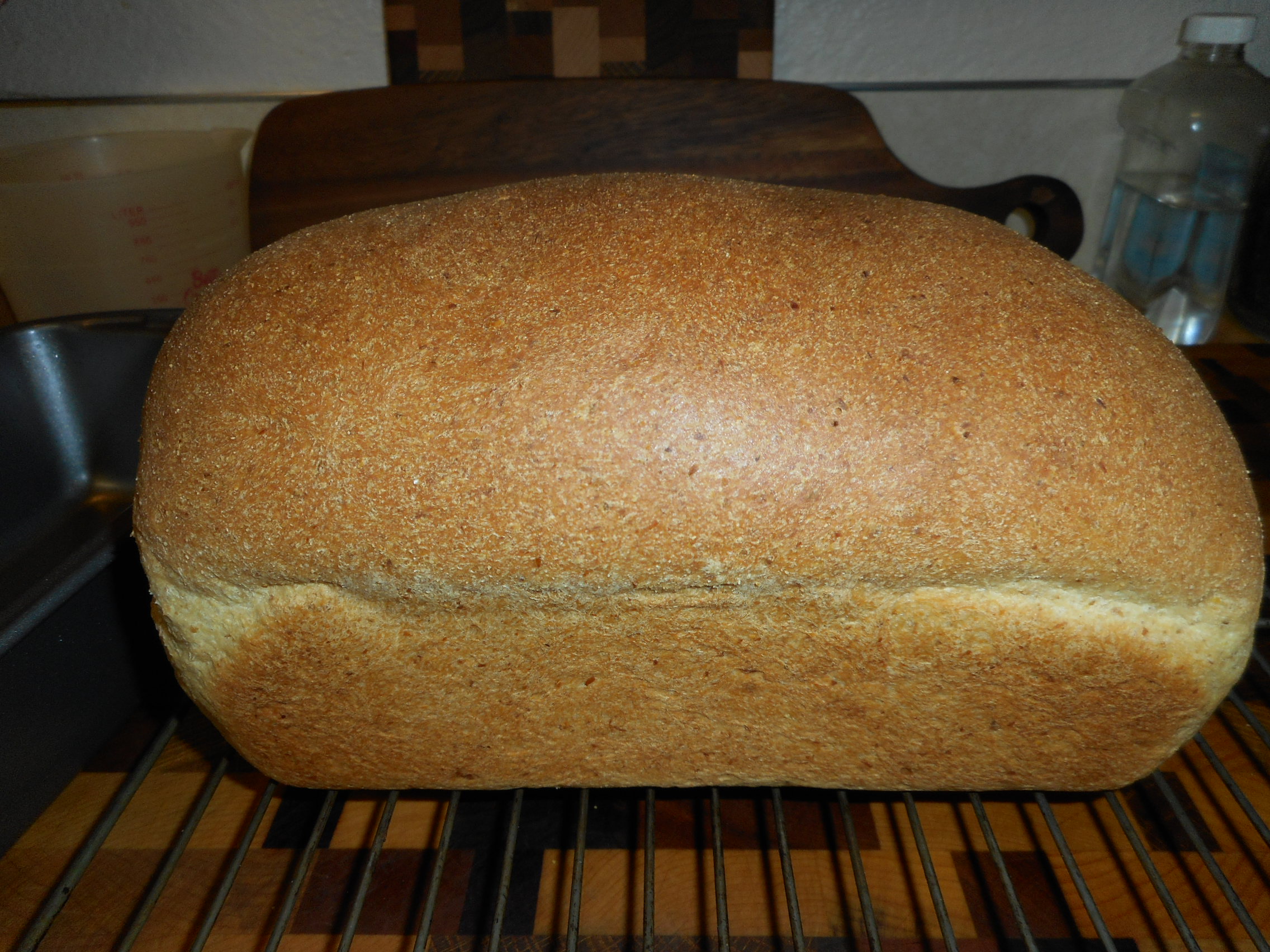Hi Mark – The effects of the CSIRO Low Carb diet and the Whole Food plant based way of eating have not been directly compared. However, both dietary patterns emphasise consumption of whole, minimally processes, low-calorie, energy-dense foods which will confer overall health benefits. This would offer the greatest clinical benefits for people with obesity related health conditions , insulin resistance and type 2 diabetes. Since the '70s many of us have been told a low fat, high-carb, low protein diet is best.
Eating foods high in good fats, like avocado, nuts, olive oil and fish, can help reduce your risk of heart disease. Replacing carbohydrates with higher levels of good fat in your meals and diet can also help to improve blood glucose control and reduce the level of blood glucose spikes after eating. Limiting carbohydrate consumption generally results in improved glucose control, although without long-term weight loss. Improve your health and achieve your weight loss goals with a low-carb diet meal plan that ticks all the right boxes. Ideal for these looking to lower their blood sugar levels and manage weight loss. This low-carb fixes set provides tasty portion-controlled meals with less than 20 grams of carbs per serve.
Enjoy a range of meals that cut out starchy carbs, dense grains or processed foods and enjoy fresh, tasty meals that include lean proteins and lots of low carb vegetables with light sauces and flavours. Low-carb diets that emphasize healthy sources of carbs, fat and protein may help lower the risk of type 2 diabetes and heart disease. In fact, almost any diet that helps you shed excess weight may improve blood sugar and cholesterol levels, at least temporarily. Before medications, carbohydrate control has been the cornerstone of glycemic control in both type 1 and type 2 diabetes.
Part of the reason low-carb diets are effective at helping you lose weight is increasing the amount of protein you eat. Eating higher amounts of protein also helps to maintain your muscle mass, which gets your metabolism burning more calories. Just like fats, replacing carbohydrates with higher levels of protein in your diet can also help to improve blood glucose control and reduce the level of blood glucose spikes after eating.
A low-carb diet may therefore help keep your blood sugar in check and keep your insulin level low to potentially aid with weight loss. Because doctors often recommend that those with type 2 diabetes lose weight to better their blood sugar, this approach could possibly directly and indirectly improve blood glucose levels. We're not sponsored to promote particular diets, instead we evaluate and follow the latest scientific evidence. As you said, the Mediterranean diet finishes with a similar weight loss to a low-carb diet after 2 years on the graph. However, you can see that it's still less weight loss compared with the low-carb diet. A Mediterranean diet is extremely vague and there is no agreed upon definition unscientific literature.
Some versions of this diet can be moderate/high carb and some variations can be low-carb. For that reason, it's challenging to discuss it's benefits from research, unless the exact nutrient analysis of the diet is included. On top of this, a low-carb diet provides the added benefits of managing our blood sugar levels, which can have knock on effects on our mood, weight, and risk for long-term chronic disease like type 2 diabetes. The sustained weight loss, combined with these benefits, are the main reasons we discuss the advantages of a lower carb diet in this guide.
HPLC, high protein low carb dietary pattern is different from the CSIRO Low Carb Dietary plan. This sounds similar to keto, but on this plan, you generally eat more carbs (so your body won't be in the fat-burning state ofketosis, as it is during keto) and less fat. Carbs might make up about 25 percent of your calories, while fat accounts for over 60 percent. That said, the authors also note that while low-carb, high-fat diets do help people lose weight, the long-term health benefits or risks are unknown, and more research needs to be done. A low-carb diet is a popular tool used for weight loss and management.
Well, when you cut carbs out of your daily diet, it helps reduce your insulin and blood glucose levels—and that helps you to stop storing fat in your body. Using the theory of ketosis, convert good fats and protein into energy by limiting your carb intake which your body traditionally uses for energy. Our delicious keto meals are loaded with plenty of good fats, rich proteins and limited carbs. Begin your keto meal plan journey with keto friendly ready made meals delivered fresh straight to your door. When lowering carbohydrates from the diet, the macronutrient intake of fat and protein generally increases to compensate for the reduction of carbohydrates.
One hypothesis of why low-carb approaches produce rapid weight loss compared to other diets is that fats and protein increase satiety and produce less concomitant hypoglycemia. This increase in satiety and less rebound hypoglycemia then reduces hunger and overall food intake and produces a caloric deficit. Additionally, another hypothesis contends that low-carb diets can produce a higher metabolic burn than high-carb diets. In recent studies, there appears to be a metabolic advantage of approximately 200 to 300 more calories burned compared to an iso-caloric high-carb diet.However, these theories remain controversial.
In the 2010s, the ketogenic diet became a fad diet for people wanting to lose weight. The evidence shows they can be safe and effective in helping people with type 2 diabetes manage their weight, blood glucose levels and risk of heart disease in the short term. The ketogenic diet, a specific version of a low-carb diet, restricts the carbohydrate intake to 20 to 50 grams daily. This causes the body glycogen stores to go down and mobilize fat storage in the body to form ketone bodies. Your body burns fat and not carbs for energy, leading to weight loss.
The ketone bodies also exert a protective effect over the nerve cells and muscle mass. The keto diet, it is claimed, slows down the progression of cancer cells, prevents nerve cell degeneration in those with epilepsy, and reduces the inflammatory chemical messengers in the body. The American Heart Association cautions people against following the Atkins diet because it is too high in saturated fat and protein, which can be hard on the heart, kidneys, and bones.
The lack of carb-rich fruits and vegetables is also worrisome, because eating these foods tends to lower the risk of stroke, dementia, and certain cancers. However, if you do get most of your carbs from vegetables and concentrate on eating primarily healthier fats, this type of diet can work longer term for many people. An LCHF approach to nutrition allows you to eat a delicious and varied diet that will leave you feeling satisfied. It also allows you to eat when you are hungry and still lose weight while improving your health and controlling your blood sugar. This is achieved by eating real, whole foods that are not processed – the type of foods our bodies were designed to eat.
The low-carb group saw a reduction in their diabetes medication that was twice as large as the high-carb group. The low-carb group also saw an improvement in their glycaemic stability – the peaks and troughs in blood glucose levels across the day being balanced – by three times compared to the high-carb group. This means greater improvements in blood glucose control and reduced risk of health complications associated with diabetes. The low-carb group also had a larger improvement in good fats , and a greater reduction in bad ones . In 2012 we began one of the most significant clinical trials on low-carb and its effectiveness for weight loss and management of type 2 diabetes. All participants had type 2 diabetes and were either overweight or obese adults.
Both groups also participated in the same amount and type of exercise . Nutritional ketosis can be induced in the keto diet, the induction phase, and any time where carb load is limited to less than 10% of macronutrient intake or 20 to 50 gm/day of carbohydrates. However, the recommendation is for caution with the use of ketogenic diets with concomitant use of SGLT-2 inhibitors. Because this is designed as a short-term challenge, it's supposed to be tough.
You have to weigh your stick-to-it-iveness before you start, and then plan out what you're going to do after the 30 days is up. Intermediate results, published in the American Journal of Clinical Nutrition did not provide convincing evidence of any advantage to a low-carbohydrate diet as compared to diets of other composition. This study revealed a marginal (∼100 kcal/d) but statistically significant effect of the ketogenic diet to increase 24-hour energy expenditure measured in a respiratory chamber, but the effect waned over time. Hall wrote "the rise in obesity prevalence may be primarily due to increased consumption of refined carbohydrates, but the mechanisms are likely to be quite different from those proposed by the carbohydrate–insulin model." While this way of eating may initially appear restrictive and unsustainable, this approach to nutrition allows you to eat a delicious and varied diet that leaves you feeling satisfied.
The LCHF dietary approach allows you to eat when you are hungry and still lose weight while improving your health and controlling your blood sugar. LCHF diets typically restrict sugar and carbohydrates eaten and drank. This can allow blood glucose levels to stabilise, reducing the need for the hormone insulin, so that your body is able to access energy stored as fat, facilitating weight loss. One hypothesis as to why low-carb leads to weight loss is that protein and fat are more filling compared to carbs. Higher intake of protein and fat also helps to keep our blood glucose levels stable throughout the day.
This increase in satiety and reduction in the blood glucose fluctuations reduces overall hunger and therefore lowers our overall food intake throughout the day. The ketogenic diet is high fat and eliminates carbs almost entirely. By doing this, the body is deprived of its primary fuel source, glucose.
The body then creates new metabolic pathways and starts to function using fatty acids from fat stores and dietary fat intake. Over time, ketones which are produced from the breakdown of fat will start to be used by the brain for energy instead of glucose. Eating carbohydrates — especially highly processed ones like white bread and white rice — quickly boosts blood sugar, which triggers an outpouring of insulin from the pancreas. The surge of insulin can rapidly drop blood sugar, causing hunger.
Low-carb proponents claim that people who eat a lot of carbohydrates take in extra calories and gain weight. Limiting carbs in favor of protein and fat is supposed to prevent the insulin surge and make you feel full longer. Once the main strategy for losing weight, low-fat diets are now less popular. But if the carbs you eat in place of fat are highly processed and rapidly digested, you may be sabotaging your weight-loss plan. A modified Atkins diet requires eating 10 percent of calories from carbohydrates, 30 percent from protein, and 60 percent from fat.
Research on this diet is on its effectiveness in treating epilepsy, but some people are moving toward this more "moderate" approach for weight loss. For many people 10 percent carbs won't allow them to be in that metabolic state, and this is more of a low-carb diet for them. For some it will," says Ginger Hultin, RD, spokesperson for the Academy of Nutrition and owner of ChampagneNutrition, who is based in Seattle. If your goal is to get into ketosis, you should be working with a registered dietitian to make sure you're eating the right ratio of macronutrients to get there, or monitoring your blood ketones. An extreme form of low-carbohydrate diet called the ketogenic diet was first established as a medical diet for treating epilepsy. A lower-carbohydrate lifestyle has been demonstrated to improve blood glucose control, blood pressure, lipid profiles, facilitate sustainable weight loss and achieve type 2 diabetes remission.
One of the main benefits of following a low-carb diet is weight loss. For people with type 2 diabetes, this helps to reduce HbA1c and blood fats such as triglycerides and cholesterol. For people who don't have diabetes, losing weight can reduce your risk of developing type 2 diabetes, and a low-carb diet is one option to help you do this. When you eat a Low Carb, High fat diet proteins and fats are used for most of your energy requirements.
Most of the cells in the body are able to use fatty acids for energy except for brain cells and developing red blood cells which are dependent on glucose. A supply of glucose in the blood is essential, however our brain cells can be trained to adapt and use ketones from the breakdown of fat for energy. When carbohydrate intake is restricted, the liver does not break down fat completely and instead produces ketone bodies which are then used by most cells to provide energy. Low-carb vegetarian diets can be a bit hard to follow, but they don't always have to be.
Following a low carb diet means you'll limit the number of carbohydrates you consume every day. Research has linked low carb diets to some health benefits, such as weight loss and blood sugar management. A low-carb diet can improve blood glucose control and aid weight loss, which are both important in the prevention and treatment of type 2 diabetes. Research shows that the level of physical activity you engage in each week is one of the strongest predictors of losing weight and keeping it off. Exercise can also improve your blood glucose control and health and wellbeing, whether you lose weight or not. But if you can't exercise, the nutrition plan by itself can still make a big difference.
The big pro to this diet is that it's very heart-friendly; the con is that for some people, the lure of a low-carb diet is often the ability to eat highly palatable foods, like bacon and cheese. The caveman-eating style focuses on eating fat and protein with fewer carbs. That said, just because you cut out grains, legumes, beans, sweets, and dairy doesn't make it automatically low carb, as you can still eat starchy veggies and fruits, which can add up. "A paleo dietcan contain a number of carbs ranging from keto to normal carb levels," says Spritzler.
A benefit of apaleo eating plan is it emphasizes whole, unprocessed foods, she says. It can feel meat-heavy if you normally prefer a more plant-based diet. To make sure it stays low-carb, focus on vegetables that fall naturally lower on the carb spectrum, like cucumbers, tomatoes, zucchini, and peppers. And with the popularity of low-carb living for purported weight loss and health benefits, many people are turning to thediet in all its various forms. Because most Americans eat more than 200 grams of carbohydrates per day, says Kelly Schmidt, RD, LDN, a nutrition consultant in Columbus, Ohio, dipping lower than that is going to be, in a form, a lower-carb diet, she notes.
The ketogenic diet is a high-fat, low-carbohydrate diet used to treat drug-resistant childhood epilepsy. The premise of the ketogenic diet for weight loss is that if the body is deprived of glucose obtained from carbohydrate foods, it will produce energy from stored fat. While other sources states that there is no good evidence that low-carbohydrate diets are better than a conventional healthy diet in which carbohydrates typically account for more than 40% of calories consumed.
Low-carbohydrate dieting has no effect on the kidney function of people who have type 2 diabetes. If you treat your diabetes with insulin or any other diabetes medication that puts you at risk of hypos, following a low-carb diet may increase this risk. Speak to your healthcare team about this so they can help you adjust your medications to reduce your risk of hypos. Your team may also support you to check your blood sugar levels more often. The lower your carbohydrate intake, the more powerful the effects may be on weight and blood sugar.15 For that reason, we recommend initially following the dietary advice fairly strictly.
When you're happy with your weight and health, you may carefully try eating more carbs if desired (although we find many people don't want to). The ketogenic diet, commonly called a "keto diet" is the lowest carbohydrate eating plan. The exact macronutrient balance can vary based on individual needs. These concepts of 'good' and 'bad are too simplistic, as LDL cholesterol has numerous subtypes, primarily based on the size of the particles. This means that high levels of small and dense LDL particles indicate a high risk of heart disease while high levels of large and fluffy LDL particles indicate a low risk. When considering how a Low Carb, High Fat diet will affect your cholesterol levels it is important to remember that this resource should be not be considered medical advice.
You should discuss any dietary changes with a medical professional and get your blood screened before commencing a LCHF diet. In addition to regular blood testing, have your doctor measure your LDL-p or ApoB – these are two ways of measuring your LDL particle number. Replacing carbohydrates with fats and higher fat sources of protein could increase your intake of saturated fat, which can raise the amount of cholesterol in your blood – a risk factor for heart disease.
"For someone consuming a high carbohydrate diet, they may want to cut back for disease prevention, maintenance, and to maintain a healthy body weight," says nutritionist Latrice Love, RD. If a client needs to lose a significant amount of weight, she suggests they consider the keto diet. But first, she challenges them to think about the high-fat foods that are consistent with a ketogenic diet, and whether they like those foods enough to eat them for a long period of time.































No comments:
Post a Comment
Note: Only a member of this blog may post a comment.